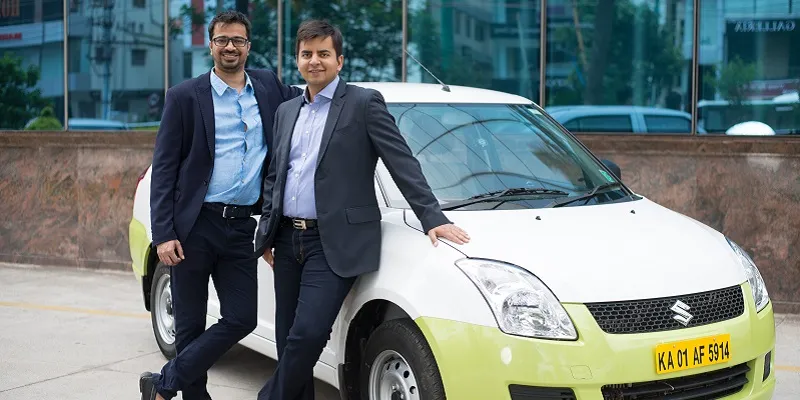Ola drives deeper into Australia, launches services in Sydney
With a local team in place to build partnerships and support driver-partners, Bengaluru-based Ola begins operations in Sydney.
Bengaluru-based cab aggregator Ola is making a deeper push into Australia. After launching in Perth last month, Ola is aiming to break the Sydney market. The unicorn cab aggregator began operations in Sydney today, and has also hired a local team to build partnerships and support local driver-partners.
The team adds that since its launch in Perth, Ola has received over 7,000 driver-partner registrations. In a press statement, the company shared the team will continue to launch several new initiatives for customers and driver-partners in the region. This includes new promotions, clear ways to share feedback, and a higher-quality ride as the team continues to support and enable driver-partners to provide this.

For driver-partners, this includes new earnings programmes, community town halls, fuel offers, and other vehicle services alongside 24/7 partner support.
Chandra Nath, Vice President, Head of International, Ola, said,
“We’ve been very pleased with how the service has been received by customers, driver-partners, and the community in Perth, and can’t wait to continue building on these experiences and learnings for our second city launch.”
Late last year, Ola raised $1.2 billion in funding from Japanese conglomerate SoftBank. Founded in 2011, Ola is already present across over 11 categories in 110 cities in India, and claims to have over 125 million users in India. The team claims to have over one million driver-partners in the region. On an aggregate basis, Ola serves as many as a billion rides annually through its platform.
It is believed that after Perth, Sydney and Melbourne, Ola will launch in New Zealand and possibly even look at other European countries. It is believed that Ola's investor and Chinese cab-hailing giant, Didi Chuxing, wants the company to capture a larger global market than just India. Ola is said to be looking closely at other Asian and African countries as well.
However, the global market and intricacies of ride-sharing are different. The markets there are more used to a peer-to-peer model. The kind of incentives that need to be given to consumers and drivers would also be different. In India, Ola essentially worked from the ground to transform consumer behaviour. In Australia, consumer behaviour has evolved and they will look more for technology and service, than incentives.
Taking on Uber
Interesting, Uber, Ola's biggest rival in India, already has a strong presence in Australia. Uber started its operations in Australia in 2015, and a Deloitte study points out that in 12 months, the cab aggregator had facilitated close to 10 million rides. Of these, 1.2 million rides were in August alone in the cities of Sydney, Perth, and Brisbane.
Apart from Uber, Ola will also have to compete with local players like GoCatch in Australia. The cab aggregator will also have to work to break Uber's monopoly in some cities of New Zealand, if it moves in that direction. Uber also has a strong presence in Sri Lanka and Bangladesh for over two years now.
The San Francisco giant and Bengaluru’s unicorn have been locked in a battle in India for close to three years now. Taxi unions and government regulations across different geographies have always been a challenge for Uber. Uber, currently is valued at $40 billion, continues to fight a tough regulatory battle, not just in India, but across the globe.
The company lost in China and combined its business with Didi. It also merged with Russian local cab aggregator Yandex. The San Francisco company also lost its licence in London.







